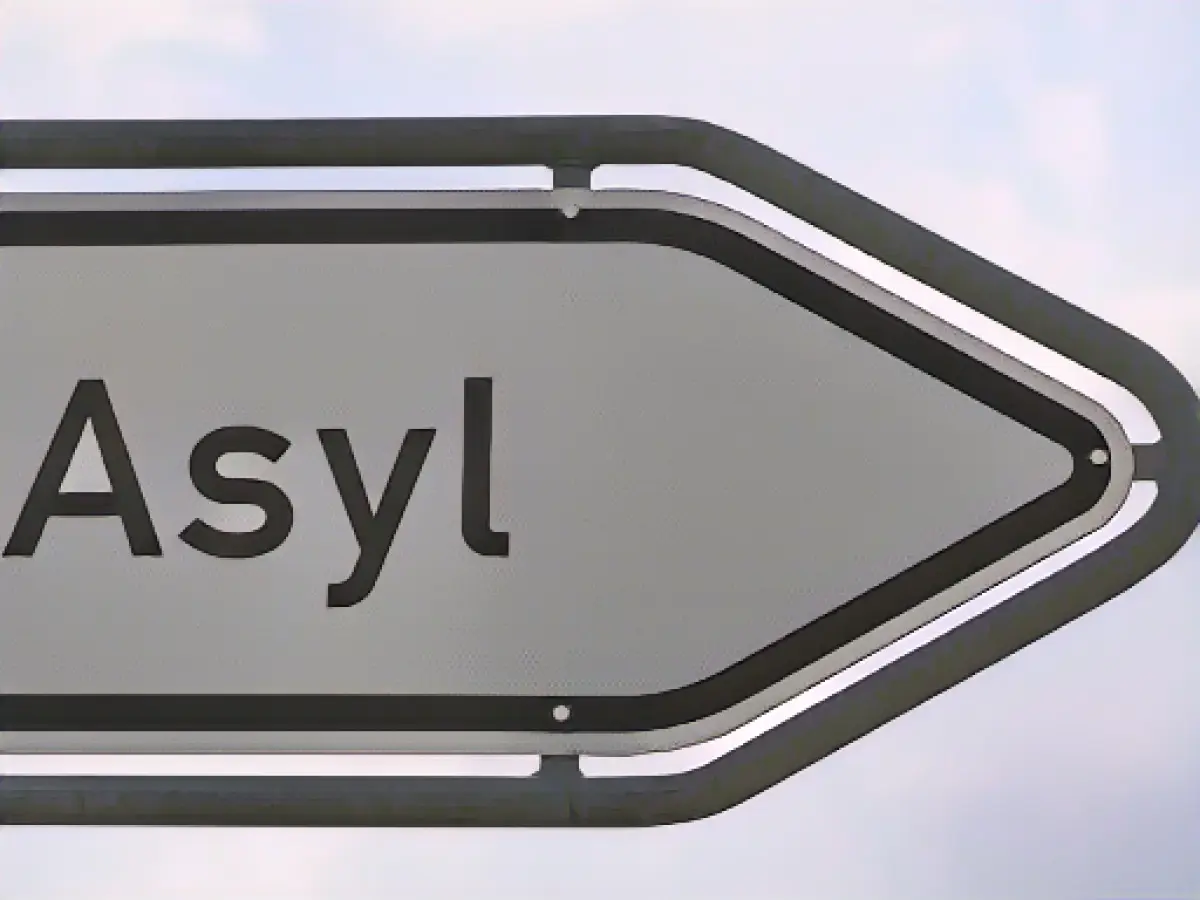Protesting Against Tightened Asylum Laws in Kiel
Hundreds of individuals gathered in Kiel on a Sunday, rallying against stricter asylum regulations. Officials from the local control center reported a peaceful protest, with estimates of around 350 participants from police and over 500 from organizers. The rally was in response to the proposed reform of the Common European Asylum System (CEAS).
The demonstration triggered apprehensions among refugees and migration advocates, fearing a shift towards stricter asylum laws within the EU. Participants argued that these changes could potentially alter Europe's stance on solidarity, affecting the rights of asylum seekers.
Statements from the rally included "We're advocating for a Europe of solidarity that opposes the relentless rightward shift," from Leni Hintze of Seebrücke Kiel. Lina Nielsen from Kiel's Stop GEAS alliance highlighted concerns about the encroachment on individual asylum rights due to tightened asylum regulations.
Enrichment of this situation reveals underlying concerns, including:
- Ineffectiveness in addressing the root problems: Critics claim the reforms fail to tackle the system's underlying issues effectively.
- Human Rights concerns: Fears of erosion of the right to asylum, inhumane reception conditions, and violations of procedural safeguards have been raised.
- Political resistance and divergent views among Members: An absence of unanimous support and conflicting opinions on implementing the new rules are seen as challenges.
- Additional legislative changes: Some Member States have called for stricter regulations and the Commission plans a reform on returns by summer 2025, showing ongoing legislative changes.
- Stakeholders' concerns: Legal, political, and practical challenges in the implementation of the pact and the need to assess preparedness for implementation are significant concerns.
- Legally contentious deportation centers: The establishment of deportation centers, challenging issues like refugees' right to seek asylum, are subjects of debate.
- Impact on human rights and solidarity: Maintaining human rights standards, balancing solidarity and responsibility, and addressing restrictive policies are fundamental concerns.
This situation emphasizes the ongoing challenges and complexities in shaping the proposed reform of the CEAS, requiring thoughtful consideration and adherence to human rights and international law.








